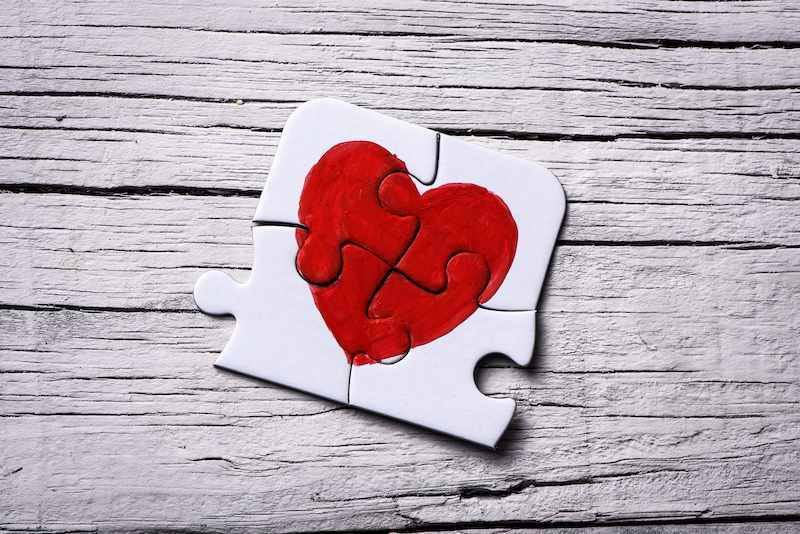
We have all been there. The novelty is gone, and the challenges appear to loom larger than the gains in life quality we experienced since we have democracy in our lives. This six-step guide will help you reevaluate your relationship with democracy and ultimately make it stronger.
1. Get trustworthy information. Every good relationship is based on open sharing of information. Make sure you get yours from reliable sources. You want balanced, unbiased information that looks at the issues from all angles. Media organizations with transparent ownership that abide by high ethical standards are your safest bet. Watch this video on media and democracy, produced by Sofia Platform and educational website Ucha.se with support from the European Commission Representation in Bulgaria, to brush up on how to distinguish between trustworthy news sources and those peddling fake news and disinformation.
The resources of the Association of European Journalists in Bulgaria are another helpful guide.
2. Be proactive. You can’t find the information you are looking for, even though it concerns the workings of a public institution? File your own request for public information access. You have the right to know what public bodies are doing and how your tax money is spent. Want to know more about how you can exercise your right to access public information? The Access to Information Programme Foundation’s legal team will help you. Contact them at http://www.aip-bg.org/en/contacts/.
There are other ways to get involved. Support an NGO that works to keep public institutions transparent and accountable, or become a member of its staff. Join a citizen group trying to improve air quality or zoning laws in your city. The result will be a more satisfying relationship with democracy.
3. Trust… cautiously. It’s good to trust, but it’s better to verify. Stay informed about what your representatives are up to by referring to the Institute for Public Environment Development’s Open Parliament initiative. If you want to learn more about Bulgarian legislators’ backgrounds, work in parliament, and incomes, bookmark Open Parliament and visit it often. IPED’s frequent updates and expert analyses will help you find out if your representatives deliver on promises and whether they should be trusted with your vote again, come election time.
4. Learn from others’ successful relationships. They may have lived abroad for many years, yet they still feel connected to Bulgaria. They are Bulgarians who are committed to helping their country stick to its democratic course, whether by setting up polling stations abroad and participating in elections monitoring, by getting involved in educational initiatives, or by keeping Bulgaria high on its international partners’ agendas. Read their stories on Open Parliament’s Viewpoint blog.
5. Vote. Voting is your best tool for shaping this relationship in your image. To learn about important dates, the documents you need to vote, and your rights and responsibilities as a voter, visit IPED’s I Vote website. There you will also find all the information you need about party platforms and positions on an array of issues of public interest, all in one place.
This short film by Tanuki Films, produced with IPED support, is a reminder that everyone is entitled to a free and anonymous vote.
6. Keep things in perspective. Remember: this is a long-term relationship. There are ups and downs, and sometimes the downs will seem very low, but it’s the best we have come up with to ensure everyone in the partnership gets equal opportunity and fair treatment.

